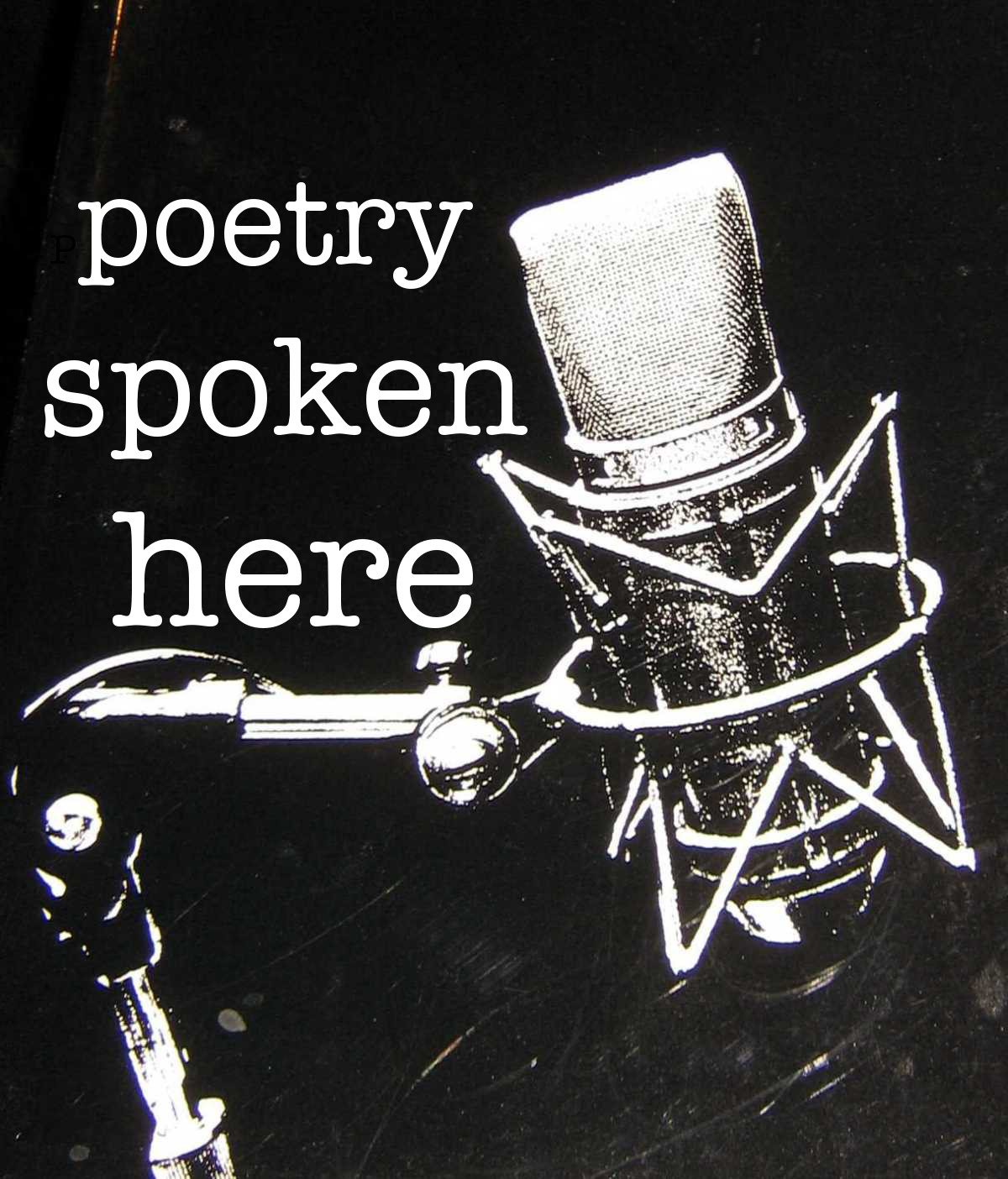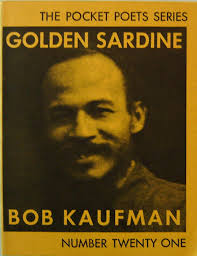American Beat poet, Bob Kaufman (1925 – 1986) spent most of his adult life, except for a short stint in New York City, in San Francisco. He was at just the right places at the right time to develop close associations with the major Beat writers. His affection for jazz and it’s syncopated rhythms helped make his work compatible with theirs. Like them, he also wrote about his life as part of the bohemian sub-culture of the times. He met Burroughs and Ginsberg in NY in the early 40s and later in California lived in the North Beach where he met Ferlinghetti and other writers of the San Francisco Renaissance.
Unfortunately, during his brief time in New York, he had a run-in with the law over an unfortunate minor incident that had huge consequences for his life. At the time the cops were cracking down on large crowds of young people who were congregating in Washington Square Park. The word among the repressive establishment was that folk music, with its communist-sympathizing, pro-labor messages, was dangerous to society and corrupting youth.
As a result Kaufman was stopped by a cop for walking on the grass. (The authorities were determined to come down hard, and they did.) Following his arrest, Kaufman was ultimately put in a mental institution where he was subjected to involuntary electric shock therapy. Upon his release he returned to San Francisco a changed man.
I had always thought Kaufman’s erratic behavior, such as talking to himself while walking down city streets, were the product of mental illness, but it appears that the shock treatments that he was subjected to were a major factor.
Kaufman’s sad tale is affectionately told in the film “When I Die I Won’t Stay Dead,” directed by Billy Woodberry, who recently accompanied a showing of the film at the Poetry Foundation in Chicago, and afterward discussed his process in creating the documentary.
Although Woodberry and the relatives, friends and fellow poets interviewed in the film are clear that Kaufman didn’t complain or feel sorry for himself and his situation, it is equally clear that his mind and personality had been altered in negative ways by the enforced shock ‘therapy.’ Woodberry also pointed out in the Q&A that Kaufman had had many encounters with the law over the years, both as a labor organizer and as a black man with a white wife in a racist society. As a result of his rough treatment he’d suffered a significant amount of head trauma.
The film, completed in September, 2015, is not currently in circulation, but Woodberry is in the process of trying to make that happen. Should the opportunity to see “When I Die I Won’t Stay Dead” come your way, don’t miss it. It’s an in-depth serious work about a poet who deserves attention as one of the few major black poets of the Beat movement. Kaufman’s poetry is energetic, rhythmic and syncopated as the jazz that inspires much of it. Kaufman’s books can easily be found, and samples of his poetry are available on the Poetry Foundation website, along with related articles

